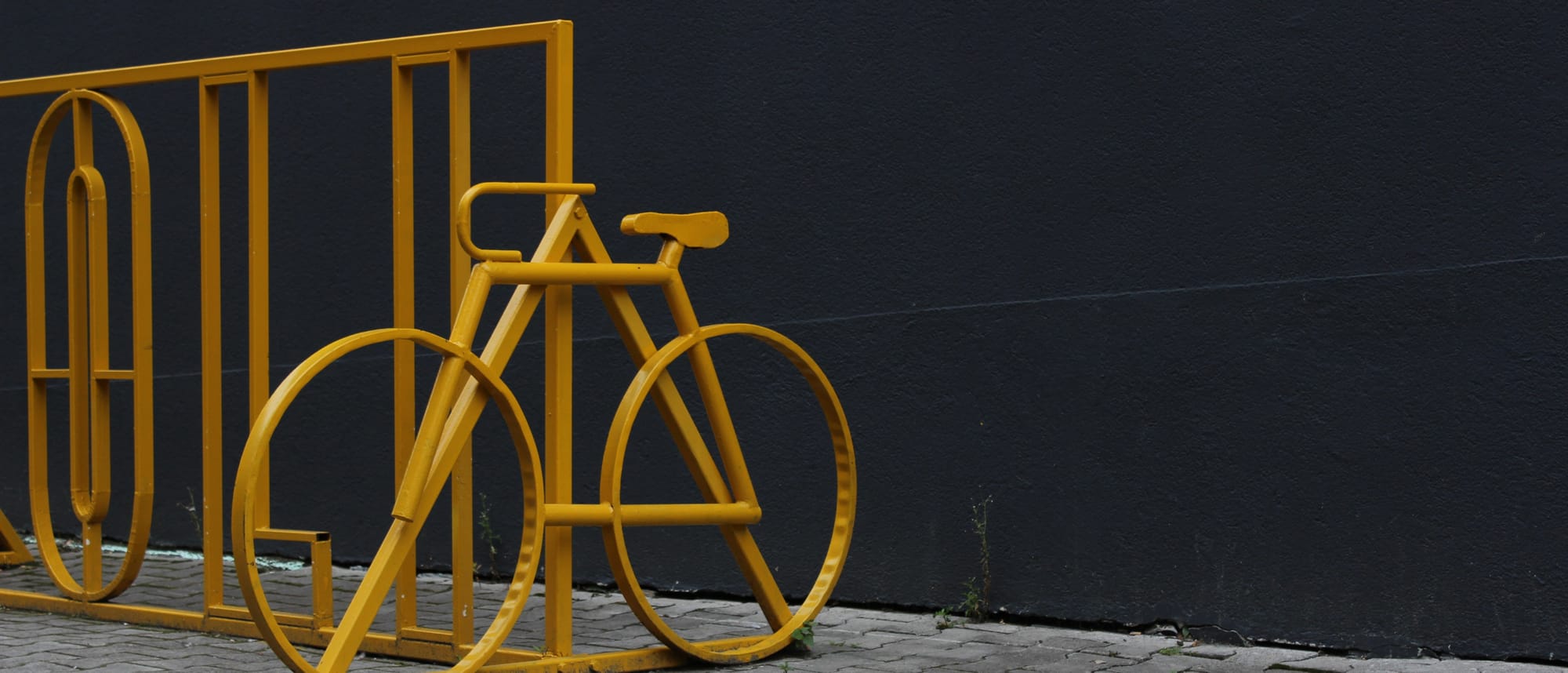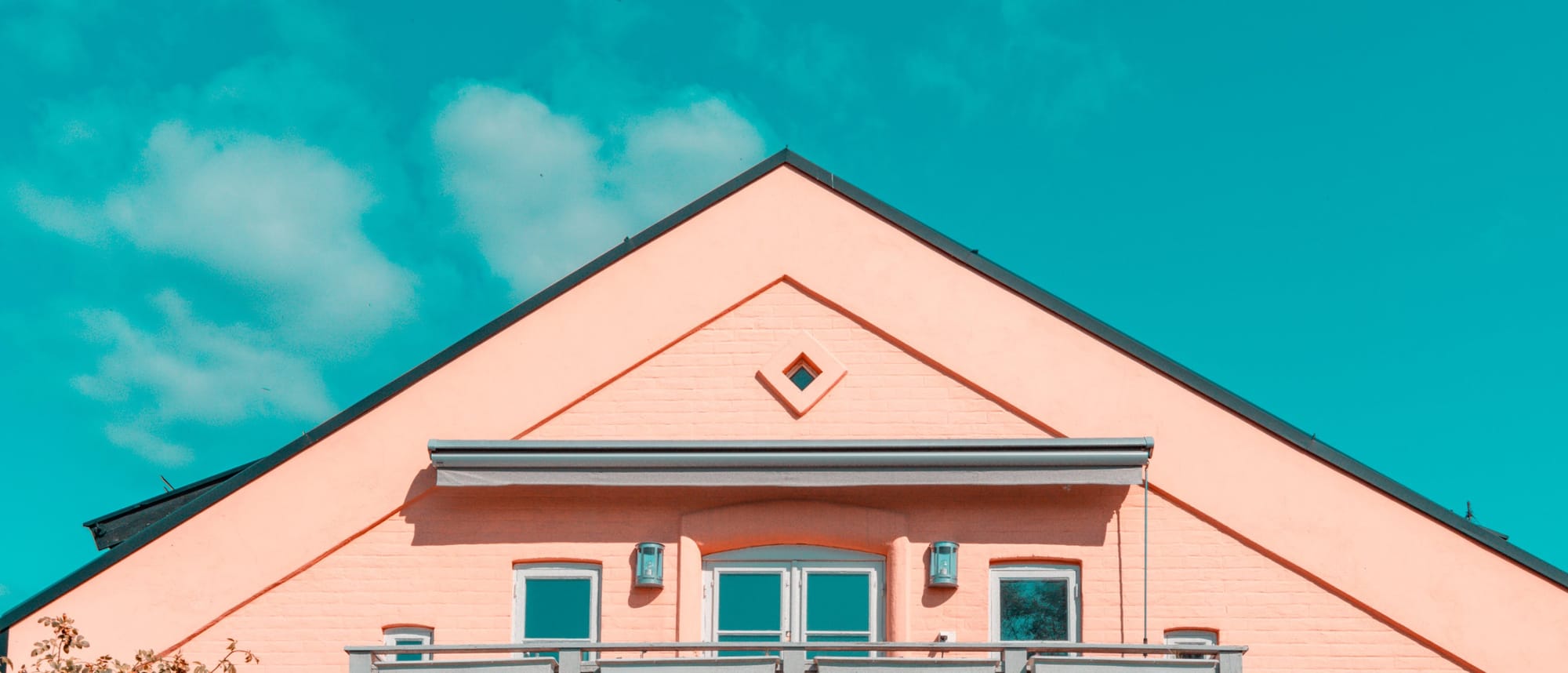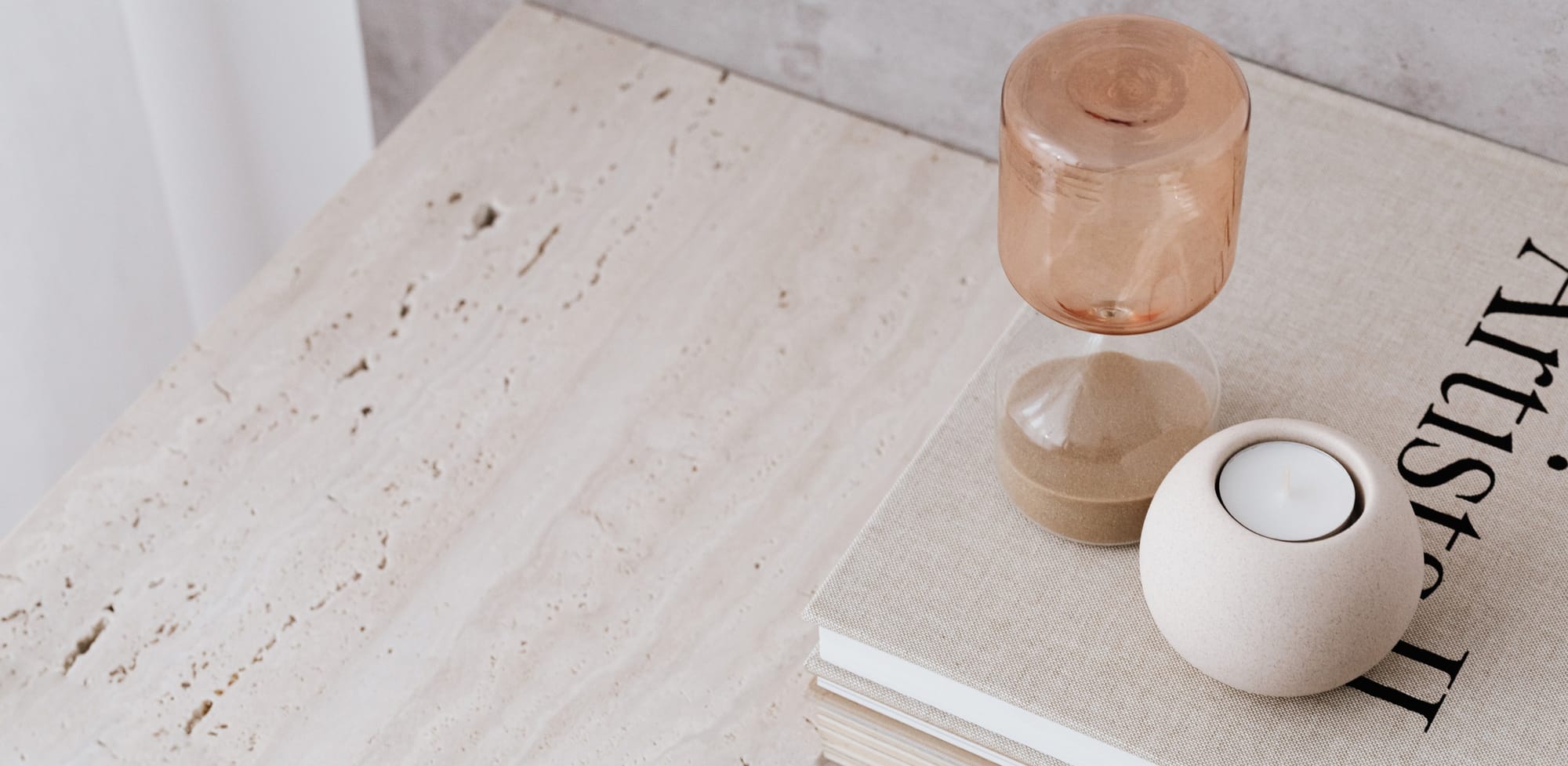
Minimalism is more than just a trend; it's a lifestyle that encourages finding more joy and fulfillment in less. By focusing on what truly matters, minimalism allows us to remove life's excesses, leaving space for what's truly important. In this post, we'll explore the principles of minimalism and how you can incorporate them into different aspects of your life.
Understanding the Minimalist Mindset
The minimalist mindset is all about intentionality. It's not just about having fewer things; it's about making room for more meaningful engagements and experiences. This mindset can lead to a more purposeful life, less cluttered by the non-essentials. It's about finding contentment in simplicity.
Embracing this mindset begins with a shift in perspective. It's about appreciating the present and recognizing the value in the things we already possess. This change in attitude helps in reducing the constant pursuit of material possessions, thereby fostering a sense of peace and satisfaction with what we have.
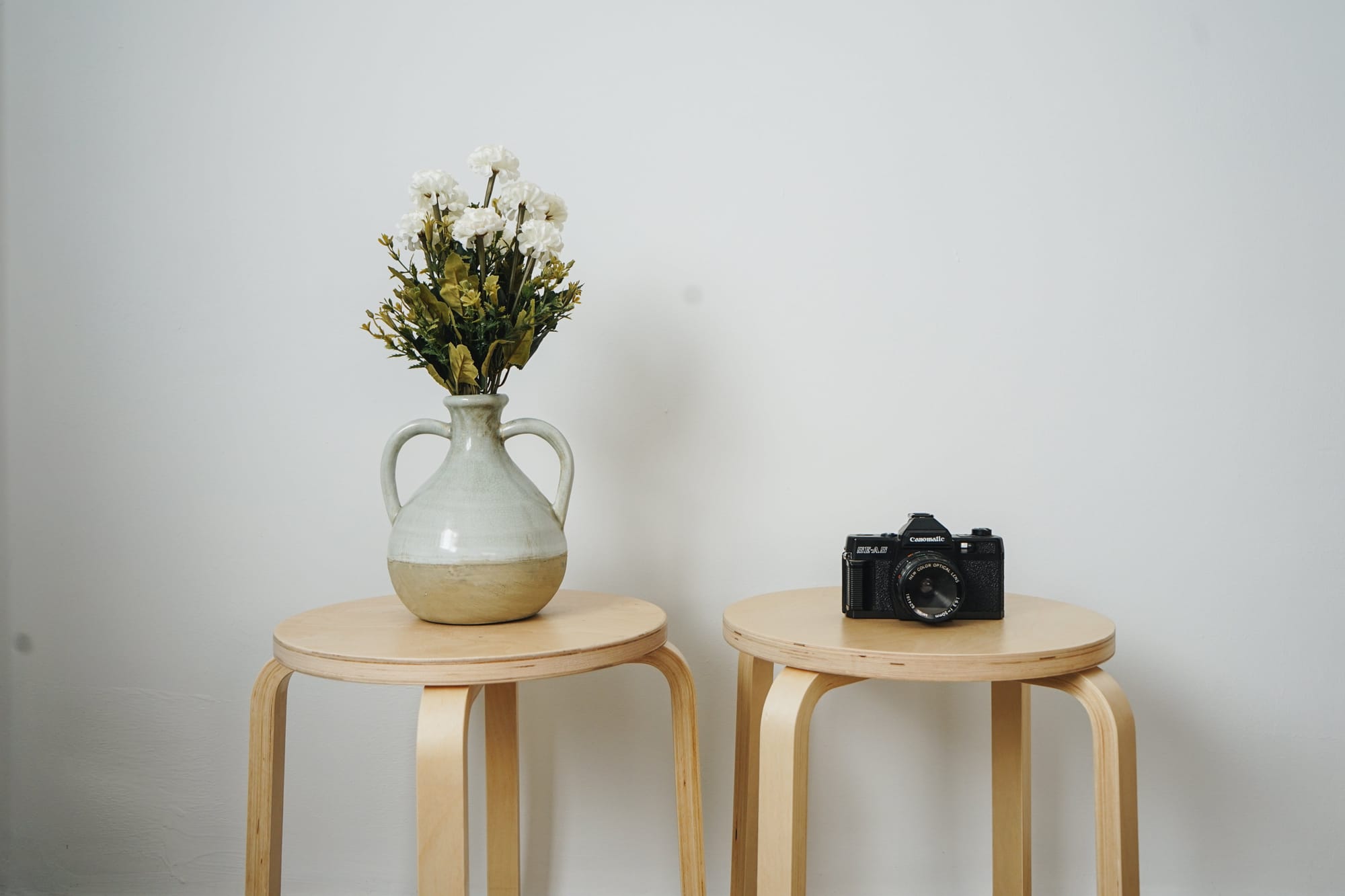
Decluttering Your Space
One of the first steps towards minimalism is decluttering your living space. Start by assessing your belongings and asking yourself what items truly add value to your life. Remember, the goal is not to live with the least amount of things possible, but to ensure that everything you own serves a purpose or brings you joy.
Decluttering can be a liberating process. It involves going through your belongings and deciding what to keep, discard, or donate. This process not only cleanses your space but also your mind. It's surprising how a clutter-free environment can lead to a clearer mind and increased productivity. By surrounding yourself only with items that add value, you create a more tranquil and inviting living space.
Simplifying Your Lifestyle
Minimalism isn't just about physical belongings; it's also about simplifying your lifestyle. This could mean reducing your commitments, focusing on quality over quantity in your relationships, and prioritizing your health and well-being. It's about creating more room for growth, relaxation, and fulfillment.
Simplifying your lifestyle also means finding balance in your daily routines. It could involve cutting down on digital distractions, spending more time in nature, or practicing mindfulness. These practices not only simplify your life but also help you develop a deeper connection with yourself and your surroundings.
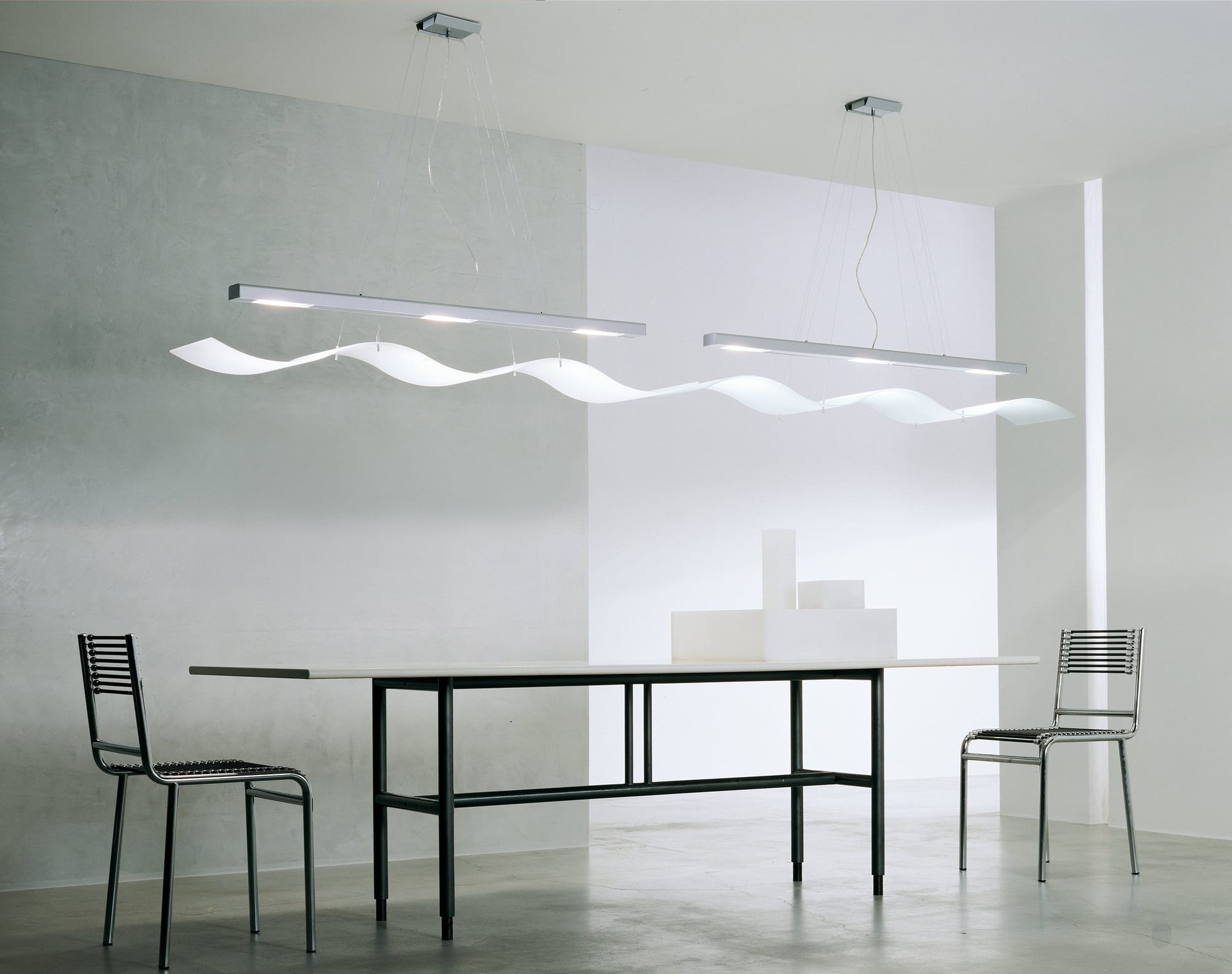
"Simplicity is the ultimate sophistication."
Leonardo da Vinci
Applying Minimalism to Finances
Minimalism can also transform your financial health. It encourages mindful spending, which can lead to less financial stress and more savings. By evaluating your spending habits and focusing on necessities, you can create a more stable and secure financial future.
Adopting a minimalist approach to finances isn't just about saving money; it's about making conscious choices where your resources are concerned. This could involve budgeting, investing in quality over quantity, and avoiding impulsive purchases. By being mindful of where your money goes, you gain more control over your financial situation and work towards achieving your long-term financial goals.
Adopting a minimalist lifestyle is a personal journey that looks different for everyone. It's not about deprivation but about finding abundance in fewer, more meaningful things. Whether it's through decluttering your home, simplifying your lifestyle, or being more mindful of your finances, minimalism offers a path to a more intentional and fulfilling life. Remember, minimalism isn't the goal; it's the means to a more enriched and contented way of living.



